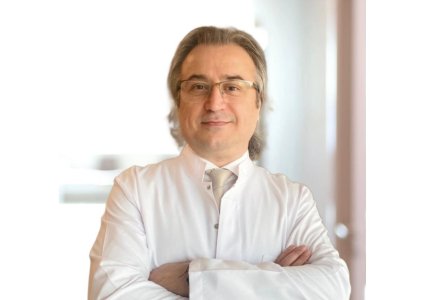
Assoc. Prof. Muhammed Derda has performed 1,100+ stem cell procedures with 11 years' experience in ophthalmology and neurosurgery. Intraocular stem cell injections may cost around $6,000, typically covering the procedure, pre-op tests, and transfers. The clinic offers tailored delivery methods – intraocular, systemic, or spinal – with 10 million cells per session. Valued Med Hub holds Turkish Medical Association accreditation and maintains a 4.7/5 patient rating.


